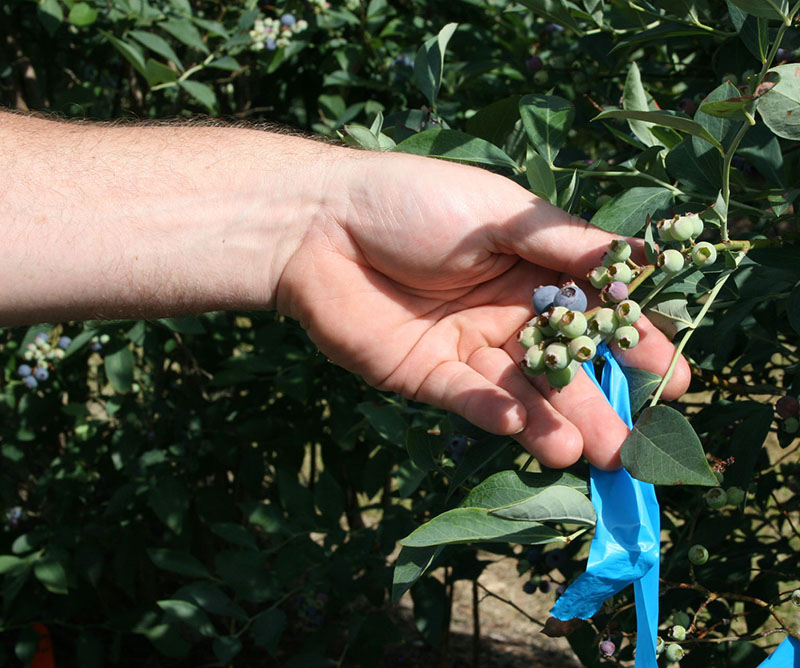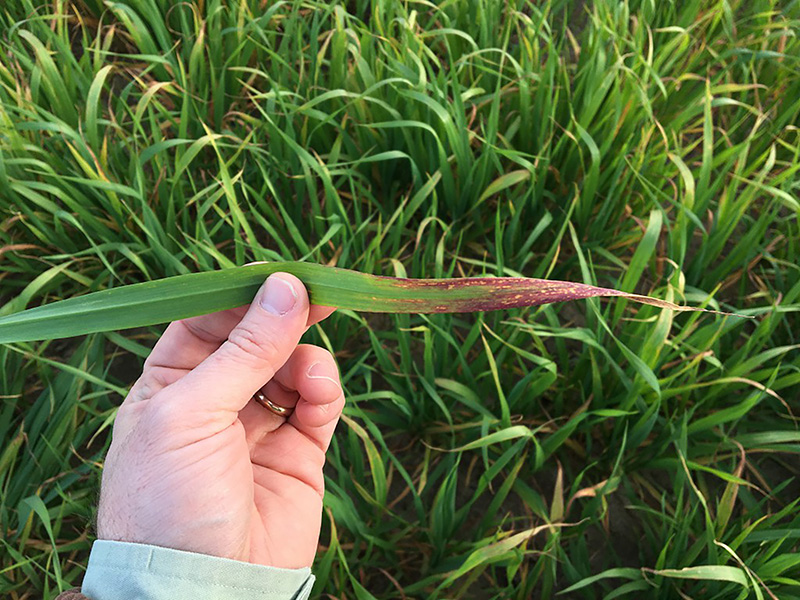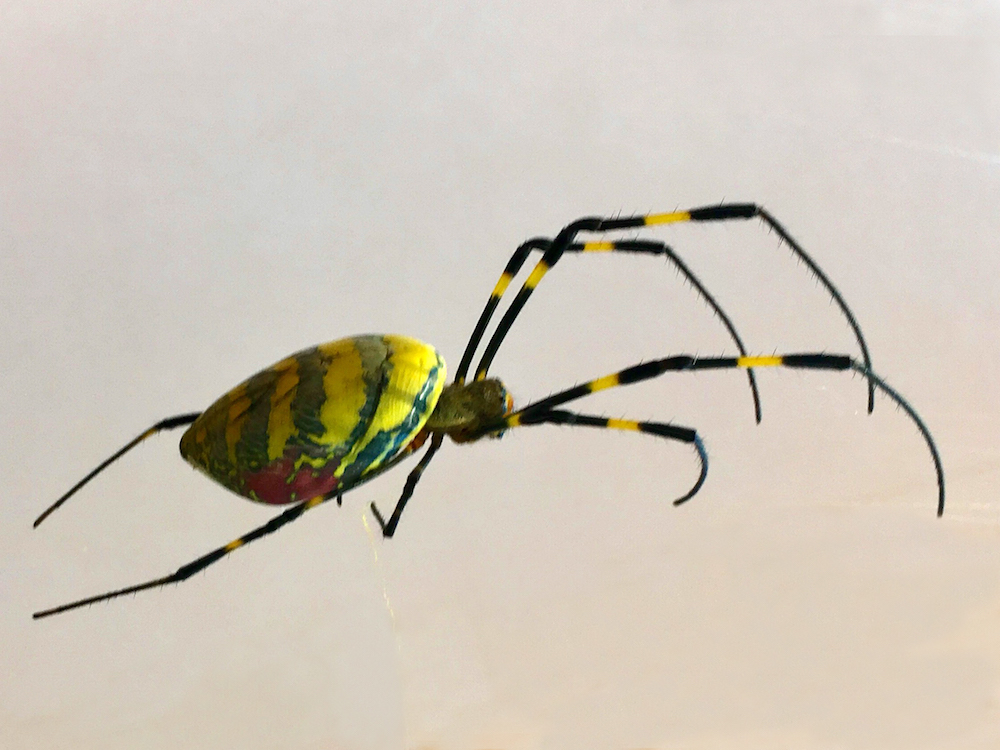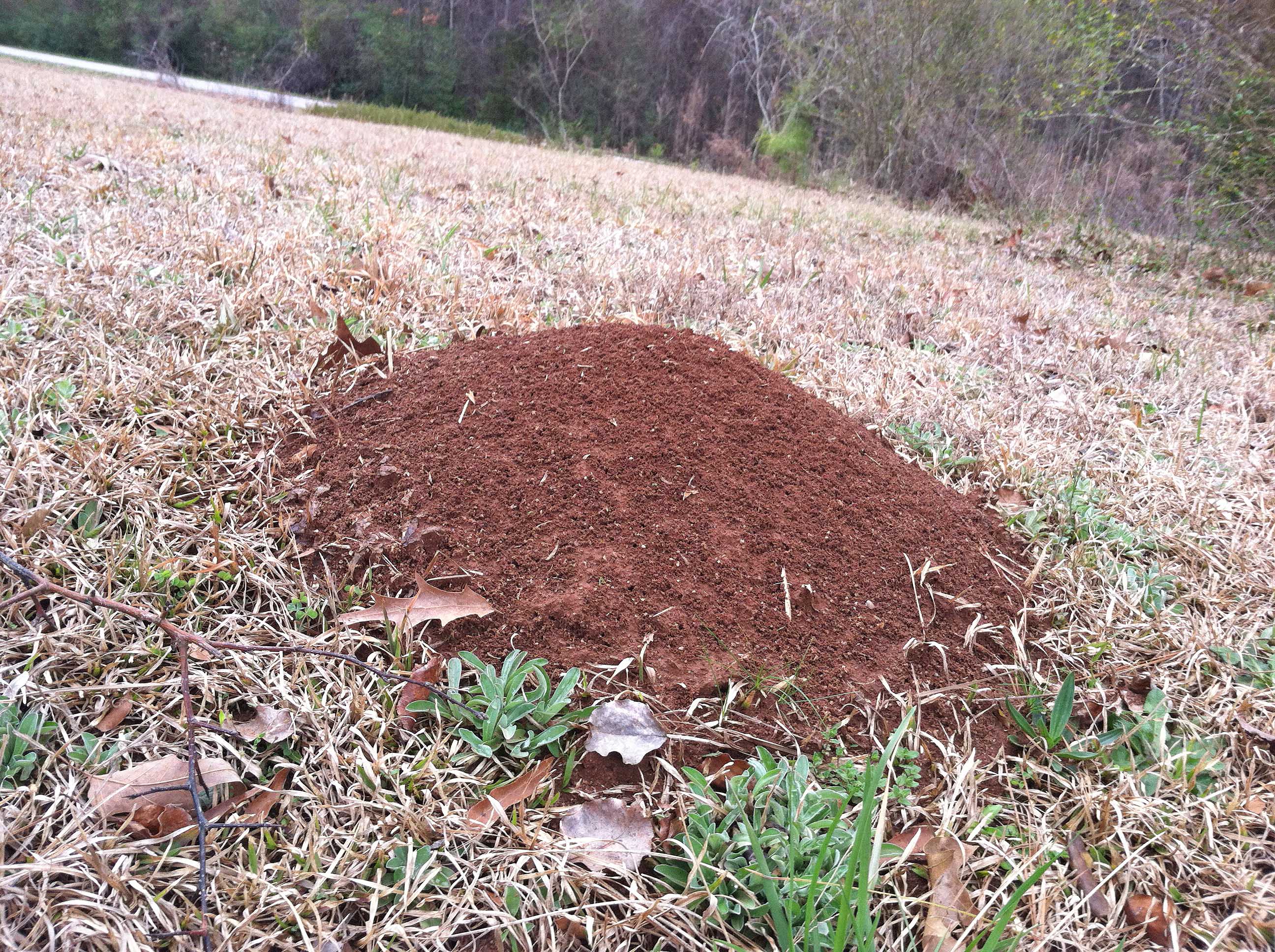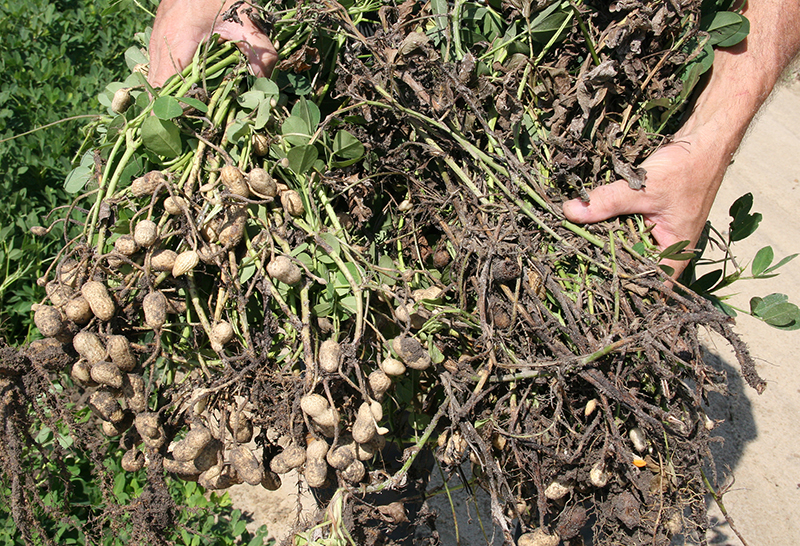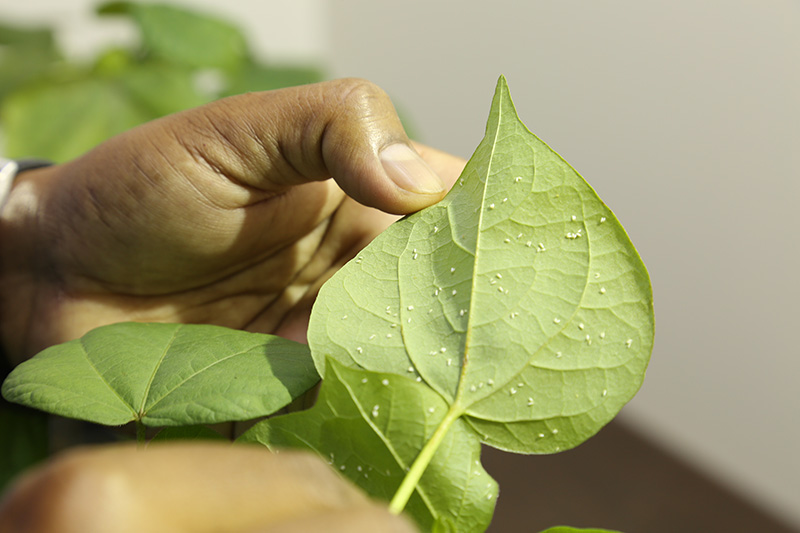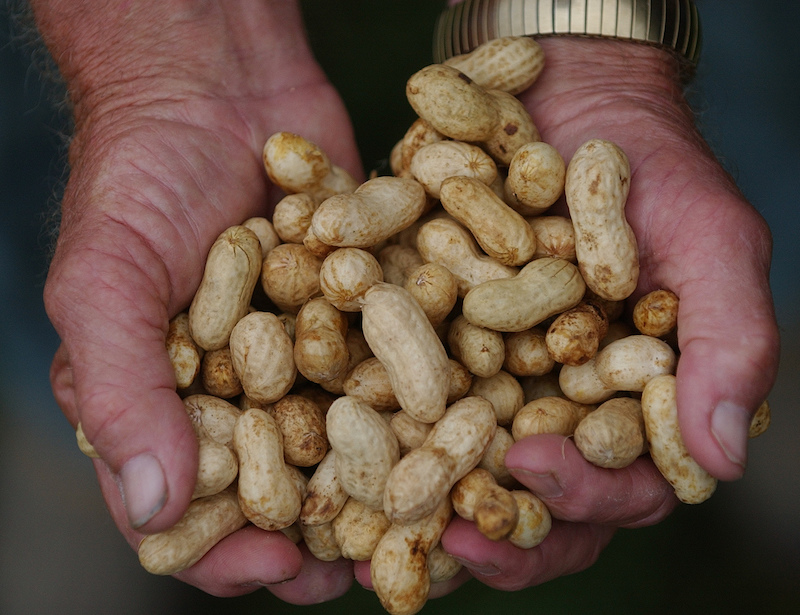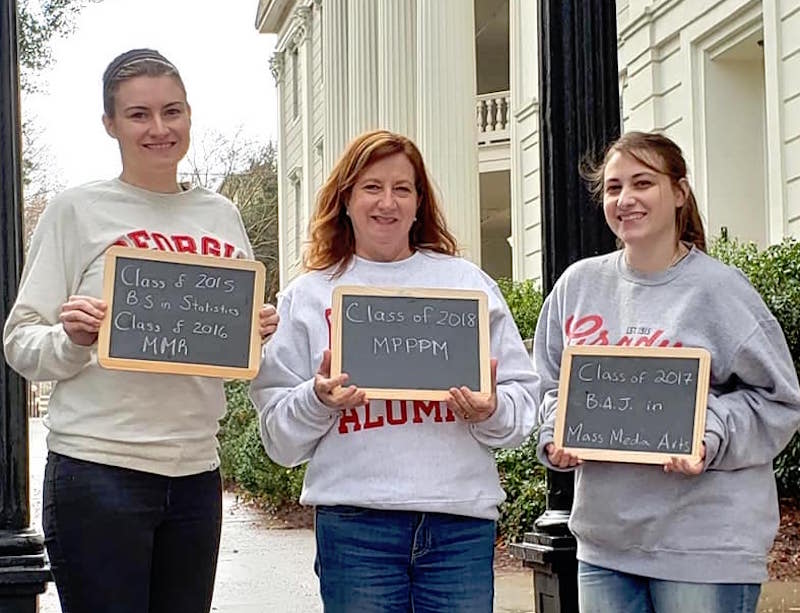 CAES News
CAES News
Goal Accomplished
At 54, Becky Griffin was the oldest University of Georgia student on the Griffin campus to be awarded a degree this fall, but that fact only fueled her drive to succeed. After putting her graduate studies on hold for 30 years, Griffin juggled a full-time job and put thousands of miles on her car to complete her master’s degree.

